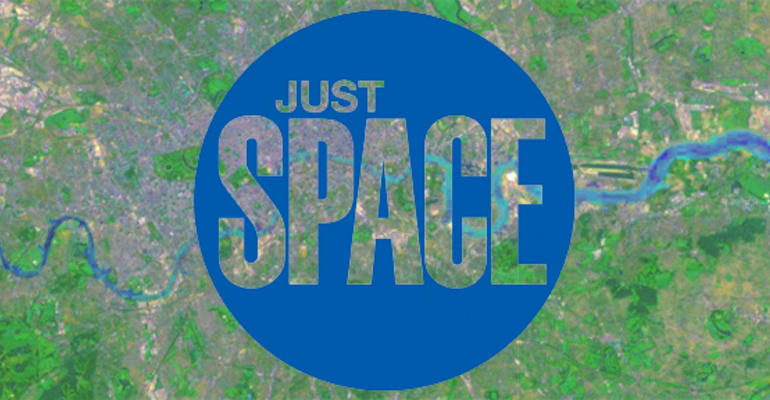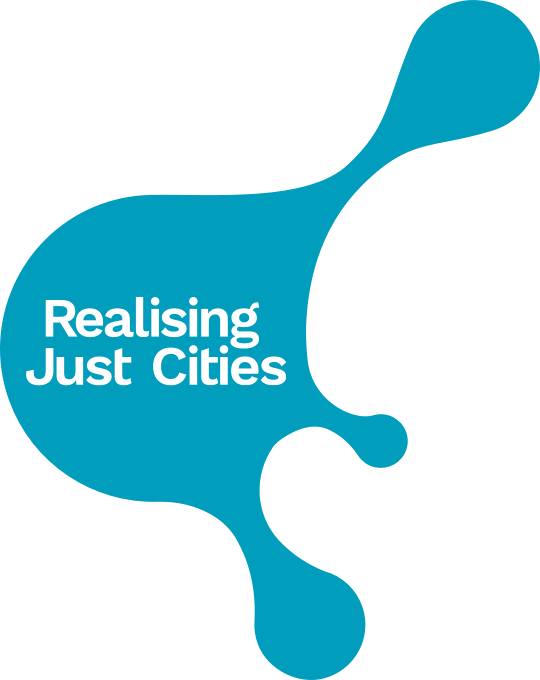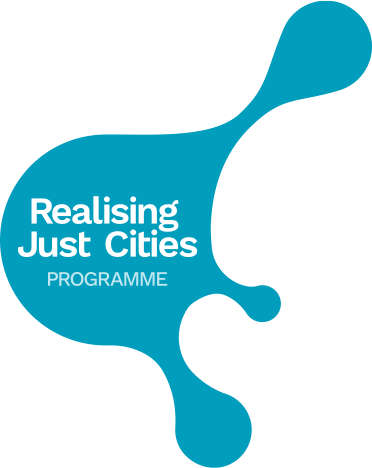Just Space in Common?

Deliberations about Greater Manchester’s Spatial Framework are entering a new phase under the guidance of Salford City Mayor Paul Dennett. Strategic urban planning might seem like a niche interest, but the use of space in and around the city region affects every citizen’s life. In session three of Jam & Justice’s Space in Common action research project, those present heard from Richard Lee, the Coordinator of the London-based Just Space network.
A follow-on to 2005’s Whose City? conference, Just Space connects up interest groups to generate a big picture perspective on strategic planning. Their biggest catalyst was the discovery that the Examination in Public which accompanies strategic planning decisions offered a concrete opportunity for community voices to join the debate. Effectively, those who make a written submission as part of the planning process gain a right to participate in subsequent round-table discussion with an independent chair. Such examinations take months, so Just Space supports smaller groups post-submission, to increase the variety of voices heard in this process.
As the network’s confidence and competencies grew, they decided to put together a full alternative Community-Led Plan for their city region, ahead of the last mayoral elections. This didn’t lead to an automatic audience with the new incumbent, but Just Space have been able to observe their ideas trickling through into urban planning decisions, e.g. with regard to the need for light industrial units and workspace.
As a network, they’ve worked closely with a range of London Universities. They’ve recently completed the first phase of a collaboration with UCL, publishing a joint report on social impact assessment as a missing component in strategic planning. That’s now being adapted to make a toolkit community groups can use to assess their locality and its needs, and identify the assets that matter to residents.
Much of this work has been done alongside MA programmes, so that communities commission students to conduct research. This has been widely welcomed, Richard suggested, because the communities aren’t simply the object of research but shape the agenda—and get findings they can use.
He shared some interesting principles, e.g. their community-led conferences make deliberate provision for the inclusion of minority groups and newcomers to the network among those presenting. Richard acknowledged that he and other founding members have to stay aware of hidden hierarchies created by factors such as age and experience.
Richard was interested to hear from Jam and Justice about our experience of funded research bringing together academic and non-academic partners. We’ll be looking at ways to learn from each other, especially as the Action Research Collective starts to form new coalitions for change around Greater Manchester.
Those present included campaigners and activists from national organisations, local initiatives, and interested citizens.
Space in Common will convene a fourth and final workshop early in 2019, to examine how what’s been learned might be applied to the GM Spatial Framework.
You can read reports from the first three Space in Common events over on DemSoc's website:
- Session 1: A better debate about what's built
- Session 2: How planning decisions are made (speaker)
+ What needs to change (participants discussion) - Session 3: Empowering voices in London




